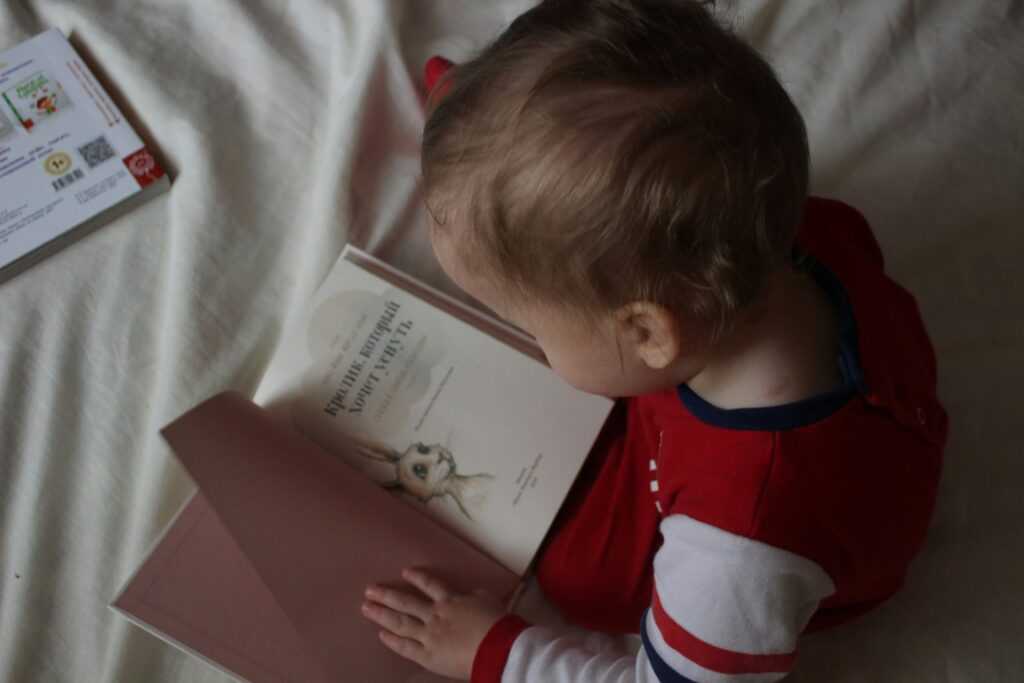How Reading Shapes Young Brains
Reading isn’t just entertainment for toddlers it’s structural. Research shows that exposure to books from infancy plays a serious role in shaping both cognitive and emotional development. When a parent reads aloud, it wakes up large portions of a child’s brain areas tied to language recognition, memory processing, and imagination all light up.
This stimulation isn’t a bonus. It’s essential. The first five years mark a period of explosive neural growth. By age five, a child’s brain has formed over 90% of its foundational pathways. That’s the window. Books introduced early help build strong wiring in the brain, creating a framework for learning that lasts well beyond the toddler years.
And it doesn’t need to be complex literature. Repetition, rhythm, and voice inflection are what matter most. The simple act of hearing a story helps kids connect sounds to meaning, emotions to scenarios, and language to human connection. Read early, read often it’s not just helpful, it’s brain building.
Boosting Language and Communication Skills
Toddlers who are read to daily don’t just hear more words they start to understand how language works. Their brains begin to grasp vocabulary, sentence structure, and rhythm in a way that casual conversation alone doesn’t deliver. Regular storytime introduces new words through context, repetition, and imagery, giving toddlers a head start in comprehension.
But it’s not just about the words. The way stories are told soft pauses, voice rises, emotional shifts teaches toddlers how to listen. They start recognizing patterns in tone, pacing, and emphasis. These become tools for decoding meaning and expressing their own thoughts later on.
Reading also strengthens the connection between parent and child. In that quiet space, with a shared focus and physical closeness, toddlers feel secure. That sense of safety lays the groundwork for healthy social development. They’re more likely to trust, to engage, and to grow into confident communicators.
Early Literacy and Long Term Intelligence
The link between early reading and long term academic success isn’t guesswork it’s backed by data. Kids who start reading young, or are read to consistently, tend to score higher academically later on. They enter school with stronger vocabulary, better focus, and more confidence in learning environments. This isn’t just about getting a head start it’s about building a brain that’s wired for learning.
MRI studies support what parents and teachers have seen for decades. Scans show a boost in white matter development in children exposed to reading early. That white matter connects regions involved in literacy, comprehension, and reasoning. More white matter suggests faster processing and stronger communication between brain circuits real, measurable differences that show up before kids even hit kindergarten.
The payoff doesn’t stop there. Early readers often become independent readers sooner. That self driven curiosity snowballs into better reading stamina, deeper critical thinking, and even improved writing skills. It’s not magic it’s consistency, exposure, and brain conditioning during critical growth windows.
Reading vs. Screen Time

Not all time in front of a screen is bad but for toddlers, too much passive exposure can quietly set them back. Studies now link excessive screen time with delayed language development in early childhood. When a child watches a show or YouTube video, there’s not much back and forth. No facial cues to read, no reactions to interpret, no real practice using words. It’s all intake, no response.
Interactive reading flips the switch. It invites conversation, asks questions, and encourages toddlers to think and react. When a child points at a picture or mimics a sound, they’re not just being cute they’re wiring their brain for communication. That’s miles ahead of zoning out to cartoons.
It’s not about banning screens altogether. It’s about purpose. Twenty focused, engaged minutes reading a picture book together will do more good than hours of passive screen lights in the background. Simple, steady practices done with intent win every time.
Parallel Benefits Seen in Music Exposure
The impact of reading on early brain development doesn’t exist in a vacuum. Music shows a similar ability to shape young minds, lighting up many of the same brain regions. Just like reading, engaging with music boosts areas tied to language processing, memory, and emotional regulation. The rhythm and structure in music help toddlers pick up on speech patterns; the emotional variation helps them read tone skills that directly overlap with language development.
Recent studies suggest that toddlers who sing, move to rhythm, or play simple instruments show more advanced communication skills. Music doesn’t replace reading it reinforces it. The two aren’t competing lanes; they’re parallel tracks toward stronger neural wiring.
For more insights into the science behind it, check out How Music Enhances Children’s Brain Development: Cognitive, Emotional, and Language Benefits.
Making Reading a Daily Habit
Toddlers don’t need elaborate lessons they need rhythm, repetition, and connection. Choose books that speak their language: simple words, bold visuals, and rhymes that roll off the tongue. Favorites? Think classics like “Brown Bear, Brown Bear” or anything with a sing song cadence.
Next, make it predictable. Reading works best when it’s built into daily life. Right before bed. After breakfast. While waiting for lunch. These calm, repeatable moments help lock in the habit and toddlers love knowing what comes next.
Finally, get them involved. Point at pictures. Make animal sounds. Let them finish familiar lines. The goal isn’t just getting through the book it’s creating a shared experience. That’s how story time turns into brain time, and books become their first favorite hobby.
The Takeaway
Early reading isn’t just cute or educational it’s doing real work under the hood. It lays down the brain’s wiring for language, memory, emotional understanding, and future learning. When toddlers flip pages, listen to stories, and follow along with your voice, their brains aren’t just engaged they’re building structure and speed.
Layer reading with other mind enhancers like music and you’ve got a combo that hits all the right areas: auditory, emotional, and cognitive. It’s about giving the brain multiple ways to grow strong and flexible.
Start early. Even newborns benefit from the rhythm of your voice. Keep it short, consistent, and interactive. What you’re really doing is giving your child a head start educationally, socially, and emotionally from day one.

 Hazeliin Davidsoninn, the founder of Toddler Health Roll, is an insightful article writer with a passion for children's health and well-being. Her writing reflects a deep understanding of the challenges parents face when raising toddlers, offering practical advice grounded in the latest pediatric research. With a keen eye for detail and a compassionate approach, Hazeliin's articles provide parents with the tools they need to nurture their children's physical, mental, and emotional health.
Beyond her expertise in child health, Hazeliin's writing also delves into the complexities of toddler nutrition, travel with young children, and effective parenting strategies. Her dedication to sharing valuable knowledge with her readers has made Toddler Health Roll a trusted resource for parents seeking guidance on raising happy, healthy toddlers.
Hazeliin Davidsoninn, the founder of Toddler Health Roll, is an insightful article writer with a passion for children's health and well-being. Her writing reflects a deep understanding of the challenges parents face when raising toddlers, offering practical advice grounded in the latest pediatric research. With a keen eye for detail and a compassionate approach, Hazeliin's articles provide parents with the tools they need to nurture their children's physical, mental, and emotional health.
Beyond her expertise in child health, Hazeliin's writing also delves into the complexities of toddler nutrition, travel with young children, and effective parenting strategies. Her dedication to sharing valuable knowledge with her readers has made Toddler Health Roll a trusted resource for parents seeking guidance on raising happy, healthy toddlers.
